How to Stand Out When Everyone Has the Same Information
In Forbes recently, an article asked, “When Knowledge Is Free, What Are Professors For?”
It made me cringe and I took it personal, but it’s the kind of question that makes the Tech Bro pulse quicken. That intoxicating fantasy that experts are obsolete, that we’ve all become our own teachers now. Who needs a PhD when you’ve got ChatGPT and Wi-Fi?
You'll hear the same refrain from their cult-like followers repeating with evangelical confidence: Do your own research. Find your own sources. It’s all out there. Just Google it.
Let’s throw some cold water on this.
Everyone knows that the secret to staying healthy and in shape is not a secret at all: eat right and exercise. Simple. And yet the global fitness industry is worth $100 billion. Why? Because knowing what to do isn’t the same as knowing how to do it — or doing it well, consistently, and in the right context.
The same is true of everything. Information isn’t wisdom. Access isn’t understanding.
The fantasy at the heart of the Tech Bro religion is that because many answers exist, expertise no longer matters. But data without discernment is just noise. Algorithms can serve up every published study on climate change, human behavior, or the origins of consciousness, but they can’t teach you how to interpret those findings, weigh their credibility, build on their insights, or recognize the flaws disguised as facts.
That’s what experts do. They don’t hoard knowledge; they filter it. They don’t make learning inaccessible; they make it meaningful. The same is true for those with deep experience—the people who’ve made real decisions, lived with their consequences, and learned what the data can’t teach. They bring context, intuition, and pattern recognition. The kind that only comes from time, mistakes, and mastery.
The truth is that free information hasn’t made expertise obsolete; it’s made it indispensable. The world doesn’t suffer from a shortage of data. It suffers from a shortage of judgment.
And that’s where the opportunity lies.
If you lead an organization, stop trying to sell what anyone — or any algorithm — can access. AI has already made knowledge instant, searchable, and astonishingly comprehensive. What it hasn’t made is wise.
Sell that.
Sell judgment. Make that your secret sauce in a world overflowing with information. Build teams that can interpret, synthesize, and decide, not just collect or repeat. Build services that offer discernment, not data. Market the rarest and most valuable human skill left: the ability to know what matters, and what doesn’t.
Because in an age where everyone has access to the same knowledge, the winners won’t be those who know the most. They’ll be the ones who understand it best.
Postscript: Not Sure How To Sell Judgement In A World That Loves Technology?
Consider the following messages:
Would you hand the keys to a Lamborghini to a 17-year-old and his friends?
Would you want the king of Bitcoin managing your retirement account?
Would you trust a surgical intern, even one at the top of their class with masterful robotic skills, to do your heart surgery?
Technology can save you money. Judgment saves your reputation.
When the pattern breaks, a mind is more useful than a model.
You get the point. All of you who are experts in marketing, messaging, and advertising can take it from here.
